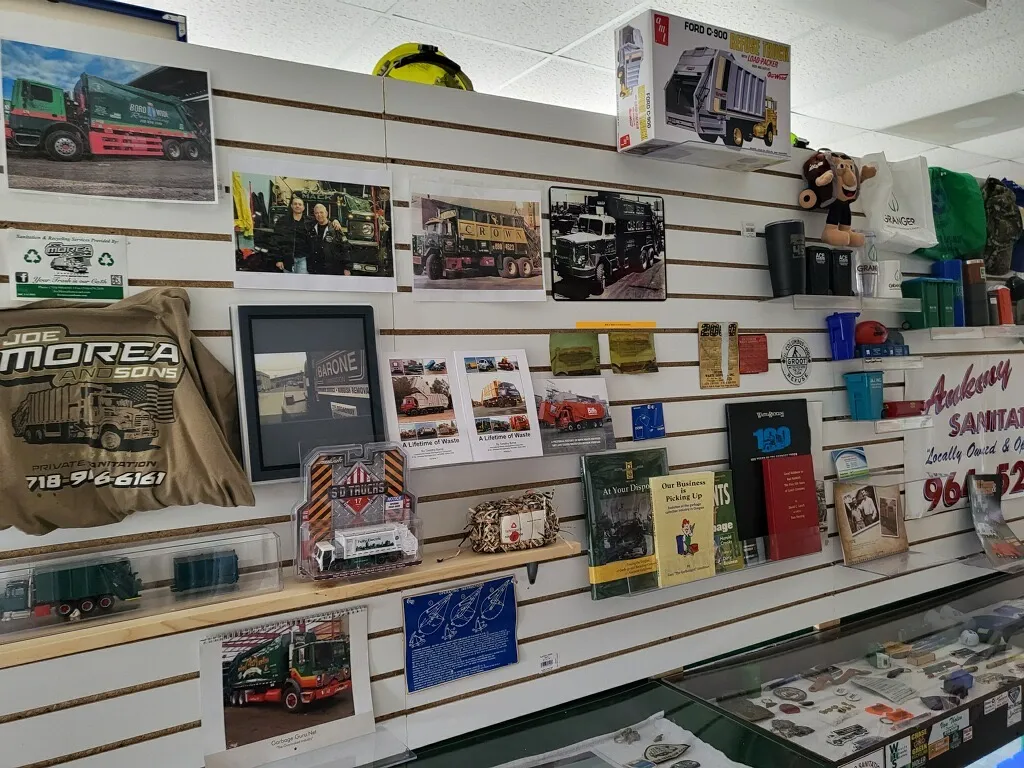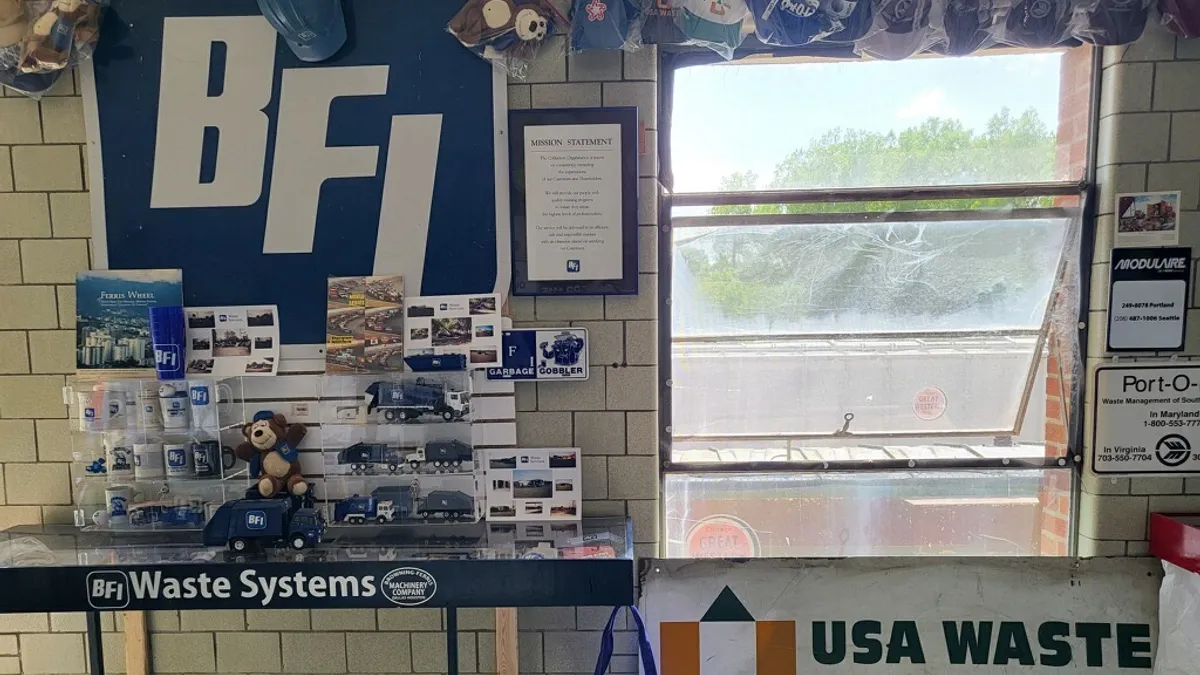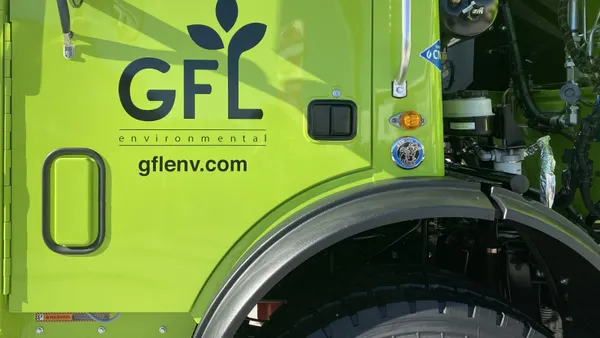The waste and recycling sector has a rich history, but some of that has begun to fade as generations pass and consolidation trends continue. One industry veteran from Iowa wants to help change that with a newly-launched Waste Industry Historical Society.
“I feel like the historian and librarian of the garbage business,” said founder Anthony Ricchio, who hopes this can be the beginning of a broader effort to spotlight industry lore and memorabilia.
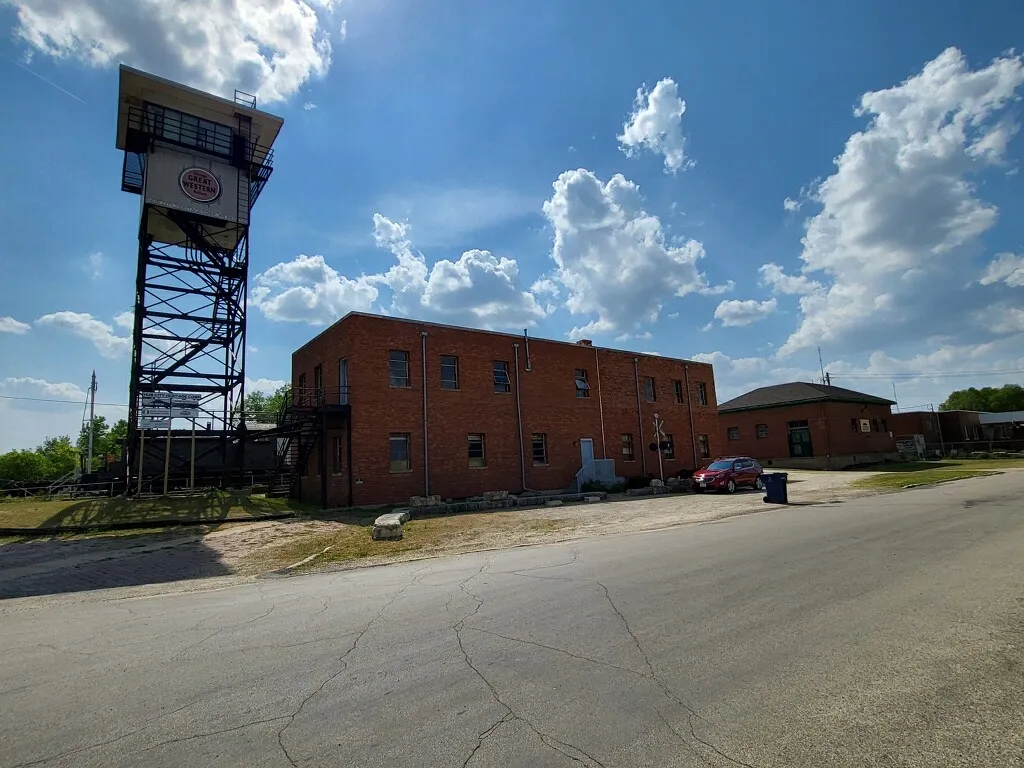
A recently opened museum, co-located with the Hub City Railway Museum in Oelwein, Iowa, is home to a wide-ranging collection of items dating back decades that Ricchio says covers "equipment manufacturers to your national players to your local players.” This includes photos, container decals, diecast replica trucks, uniforms and hats, business cards, photos, industry trade publications, route sheets and more.
Ricchio, currently a truck demonstration specialist for Heil Environmental, grew up steeped in the business. His parents ran a small company called Ricchio Sanitation that sold to WM in 1995 and his father also worked for a city public works department. Ricchio remembers collecting toy garbage trucks and company phone book ads before getting into the business of making diecast truck replicas for different companies. Ricchio later started his own recycling company, before going to work for WM as a driver for 20 years.
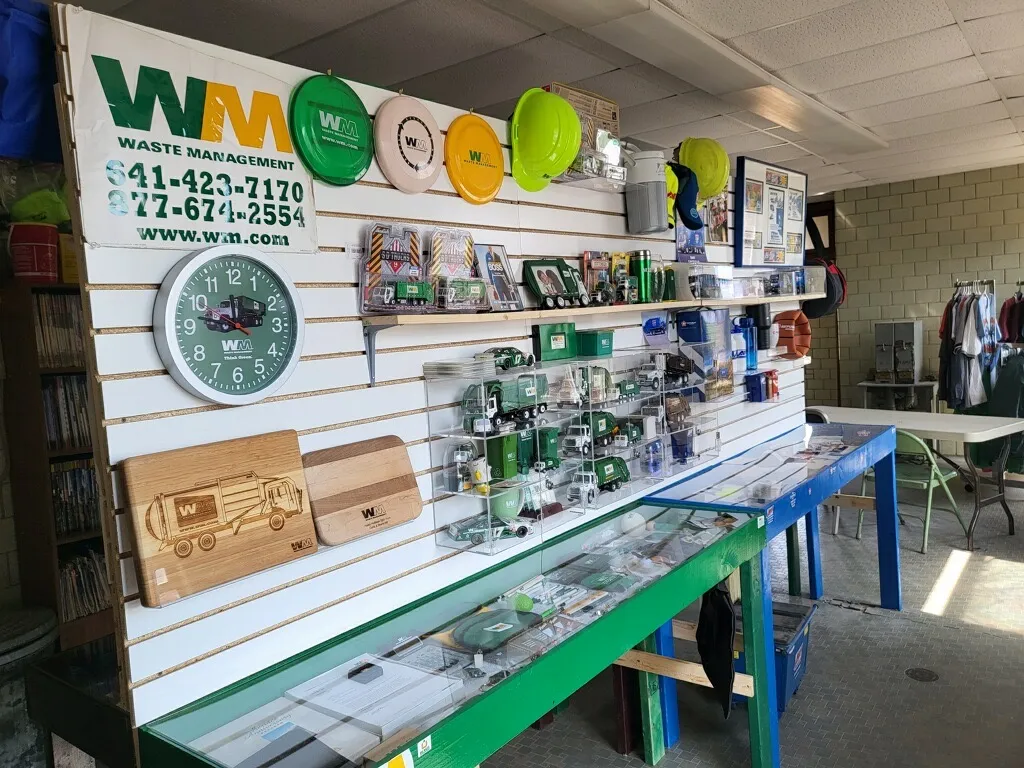
While tablets and other types of in-cab technology are increasingly prevalent, Ricchio recalls the days of paper route sheets, pagers and memorizing routes based on local landmarks. One goal for the museum is to help younger professionals understand the industry’s roots.
"They really need to learn the business from how we used to do it back in the day, because it all comes down to customer service,” he said.
The launch comes as the national industry is also looking for more ways to reflect on its history and attract new talent by emphasizing the sector’s ongoing role in environmental efforts. Don Ross, chair of the National Waste & Recycling Association’s board of trustees and a supporter of the museum, said one of his priorities is to help better tell the industry’s story. Ross credits his predecessor in the chair role, Ben Harvey, with kicking off the goal of highlighting the industry’s story in new ways.
"The men and women of our industry do amazing things every day. We operate behind the scenes and I think it's important that we do a better job of telling that,” said Ross, who is also chief sales officer for the McLaughlin Family Companies, a large fleet equipment company. While there will be an emphasis on telling the industry’s present day story, he also said “I think it's important that we talk about how we got here.”
Supporters in addition to Ross include Jeffrey Anderson, John Curotto Jr., Ray DiLello Jr., Josh Erickson, Brian Flood, Zachary Geroux, Andrew Keratzides and Craig Thomas.
That group, among others, is active on social media with photos of old trucks and other memories. A Facebook group for the historical society has nearly 1,400 members. It’s one of multiple groups on the platform dedicated to historic industry phone book ads and other topics. Just like at industry events, business veterans or their descendants are fond of reminiscing about prior companies, vehicle models and trends online.
Ricchio hopes this passion can be reflected through donations and other industry collectors potentially launching chapters from his 501(c)(3) organization to showcase their own memorabilia around the country. The industry’s roots in family, regional businesses mean that "every market area for the garbage business is completely different,” he said.
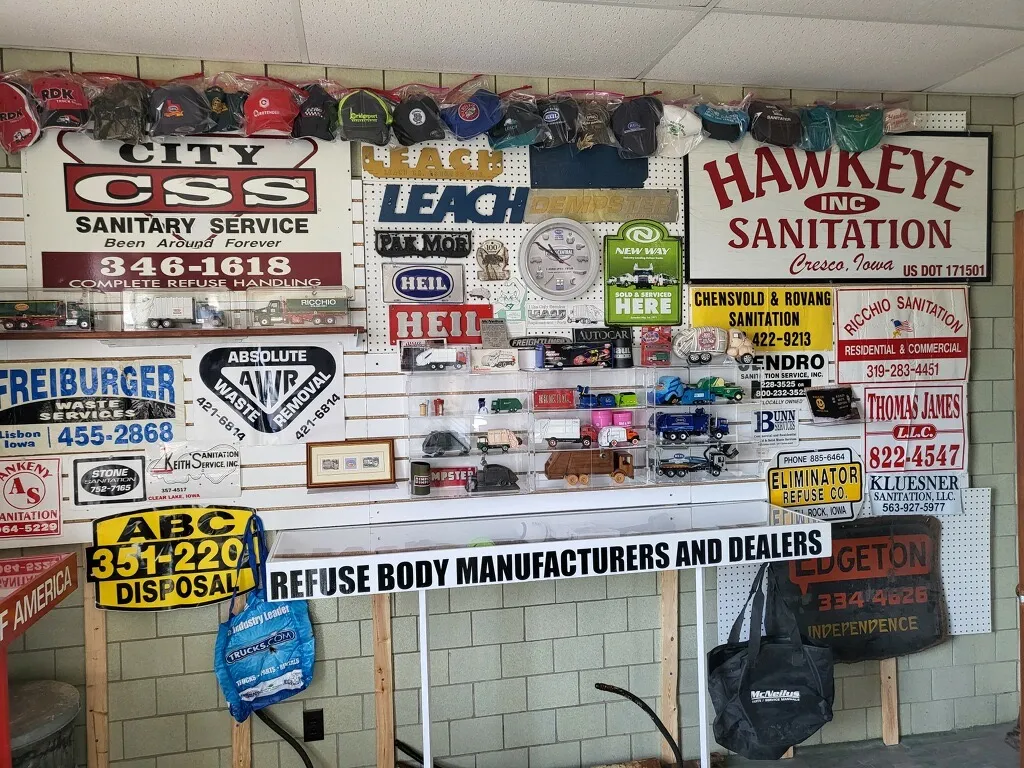
Waste Pro is known for its historical truck museum in Florida, and efforts are ongoing to potentially create a New York Museum of Sanitation, but similar concepts aren’t otherwise known to exist in the U.S.
As NWRA looks to advance its mission of telling the industry’s story, Ross said he could see a potential role for Ricchio’s concept and described him as a “poster child” for commitment to that goal.
In the future, Ricchio plans to install a garbage truck simulator and keep looking for ways to showcase the industry’s origins. As the cycle of consolidation and growth continues, it’s increasingly common to see names of what were once major national companies or multigenerational family enterprises become just another weathered logo on a truck or container.
"You could open the phonebook in the ‘80s and there would be tons of garbage companies,” said Ricchio. “Now you open it up and they're not there."
